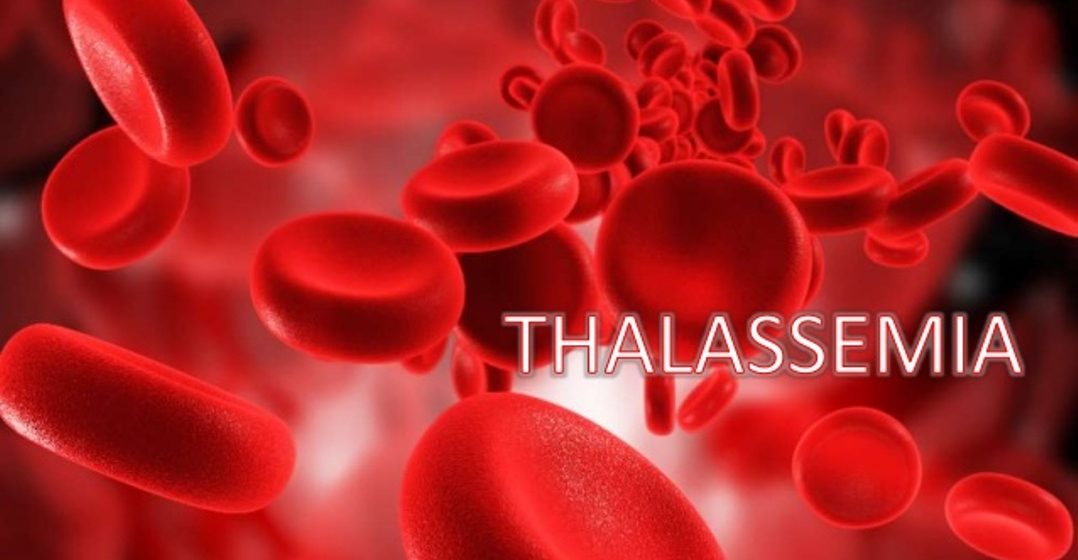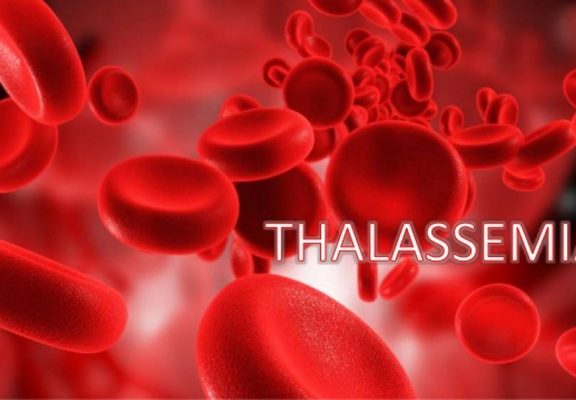

World Thalassemia Day
Overview:
Thalassemia belongs to a family of genetic conditions affecting the human blood known as Haemoglobin disorders. It is a genetic disorder affecting the blood cells and characterized by decline, below the natural rate, in both the red blood cells and the level of haemoglobin. Haemoglobin is a substance in the red blood cells that carries oxygen, therefore the decline of haemoglobin triggers anaemia.
The signs and symptoms of thalassemia depend on the type and severity of the disease. As such, some babies show signs and symptoms of thalassemia at birth; whereas others may develop signs or symptoms during the first two years of their life. Some children with an affected haemoglobin gene may not develop any thalassemia symptoms.
International Statistics:
- Almost 7% of the total world population is infected with haemoglobin disorders.
- 300,000 – 500,000 children are born with haemoglobin disorders.
- 70% of children are born with sickle cell anaemia, and the rest are living with thalassemia.
- Every year, 50-80% of children die from the sickle cell anaemia.
- Every year, 50,000 – 100,000 children die from major thalassemia.
Official Date:
Globally: May 8th
Target Groups:
- Children and adults with Thalassemia.
- Patients’ FamHealth professionals including doctors, nurses, pharmacists and health educators.
- Education professionals including teachers, social worker and others.
- Health decision-makers.
- Health associations and organizations.
- The public.
Key Health Messages:
- Raising and boosting health awareness on thalassemia, ways of protection, and available medical care in the region.
- Promoting and enhancing the medical studies and researches in the field of thalassemia care and prevention.
- Disseminating information, expertise, and effective programs on thalassemia around the world.
- Helping the patient by supporting his right to have access to available medical care.
Related Link:
Thalassemia International Federation

